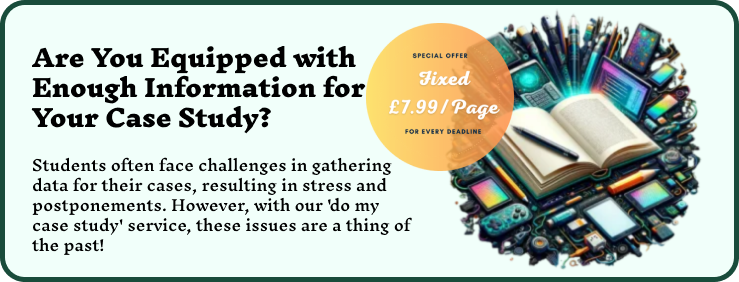In the heart of Slough’s academic community, two services are profoundly impactful: The Academic Essays Service and the Literature Review Service. These services are about helping students overcome their writing challenges, raising the bar for all academic work, and developing a better comprehension of intricate topics.
The Core of the Academic Essay Writing Service in Slough
Tailored Assistance for Diverse Needs
The Academic Essays Service in Slough provides specialized assistance for students of different disciplines. Whether it’s a scientific article or a historical analysis, this service helps students formulate their ideas clearly and precisely.
Enhancing Writing Skills
Apart from assisting with particular assignments, this service is crucial in improving students’ writing competence. It shows them how to organize arguments, do detailed research, and present the results logically.
Literature Review Service and Its Role
A Foundation for Comprehensive Research
As an integral part of academic research, literature reviews are taught by the Literature Review Service in Slough. By helping them analyze and synthesize previous research, the service ensures that the students can make meaningful contributions to their study area.
Bridging Knowledge Gaps
By conducting thorough literature reviews, students can find loopholes in the current research, which opens up opportunities for new studies and contributions to their respective fields of study.
Integrating Technology in Writing Services
Digital Tools for Better Learning
The two services use digital tools and platforms to improve the learning process. Modern academic writing heavily relies on technology, including specialized software for plagiarism checks and databases for literature access.
Facilitating Remote Learning
With the onset of online classes, these services have evolved to offer online support services, thereby enabling students to access the needed resources from anywhere.
Critical Thinking and Analysis Skill Building
Beyond Writing: Shaping Critical Minds
These services focusing on research, analysis, and critical thinking continue beyond better writing. They are essential in turning students into critical thinkers who can analyze information and provide reasoned arguments.
Collaborative Learning and Peer Feedback
Encouraging Peer-to-Peer Learning
A critical component of these services is the promotion of peer-based learning. Students participate in workshops and group sessions, providing and receiving feedback and creating a collaborative learning setting.

Nurturing Academic Integrity Through Essay and Literature Review Services
Upholding Ethical Writing Standards
Scholarly work is built on the principle of academic integrity, and the services offered in Slough focus on this principle. Through creating original essays and unbiased literature reviews by students, these services foster an environment of integrity and ethical research.
Avoiding Plagiarism through Proper Guidance
The most important advantage of these services is that they teach students not to be plagiarists. They are trained to give proper citations, hence recognizing intellectual ownership and supporting the ethic of academic honesty.
Impact of Literature Review Service on Research Methodology
Refining Research Methodologies
The Literature Review Service is essential in improving students’ research methodologies. By analyzing already published literature, students can learn how to develop better and more efficient research plans for their future studies.
Conclusion
The Academic Essays Service and Literature Review Service in Slough are not merely academic aids but agents of intellectual development and academic achievement. With such personalized support and development of the necessary skills such as critical thinking and effective communication, these services play a crucial role in making well-rounded, knowledgeable individuals ready to make their mark in the world of academia and other spheres of life.
References
- Educational Resources Information Center (ERIC). (n.d.). Retrieved from https://eric.ed.gov

